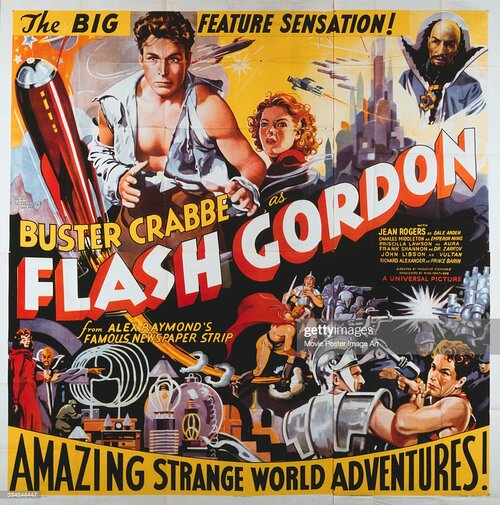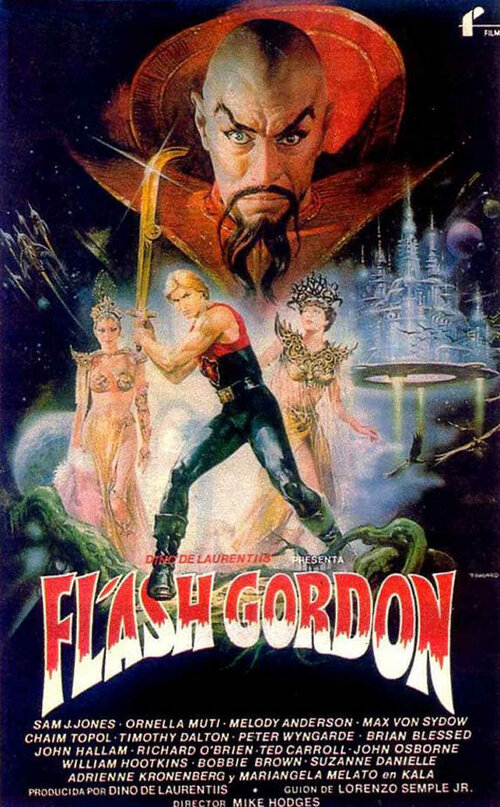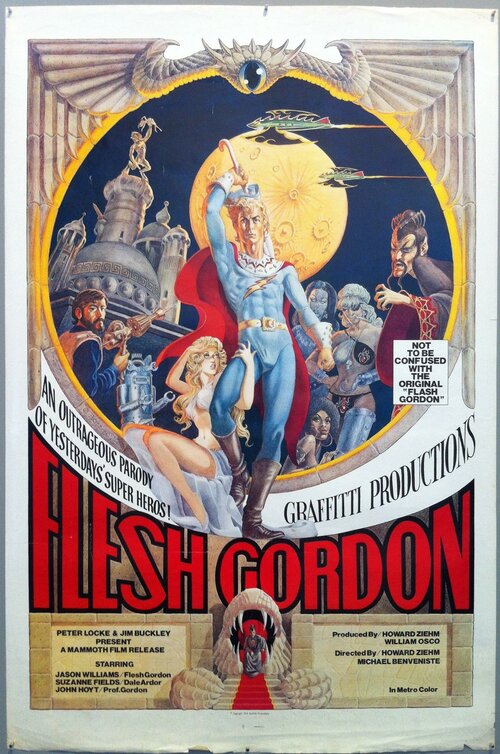Indeed. I saw a live version of
MacBeth as a simile of the downfall of the Ceaucescus once. It was damn good. Tom Stoppard's radically reinterpreted Shakespeare more than once and he's not the only one to do so by any means;
Rosencrantz and Guildenstern are Dead is the best known. Peter Greenaway's
Prospero's Books rewrites
The Tempest, emphasizing Prospero's role as puppet master. Jean Betts' very funny
Ophelia Thinks Harder has Ophelia fake her death and run away (who wouldn't?). At least for a while, Prokofiev even considered giving his ballet
Romeo and Juliet a happy ending.
Often the whole point of
any performance of Shakespeare is to cast new light on the material. My favourite version of
Twelfth Night is set in 19th century Cornwall.
Hamlet is a popular target because it's all about dissimulation, dilemmas and motivations, allowing widely varying interpretations. Also, because the original stage plays are quite long by modern standards, film adaptations always have to cut substantially, inevitably altering the tone and focus.
There's long been a tradition on reinterpreting Greek classics as well. In fact, there's a real surge in writing at the moment - Pat Barker's recent treatments of the
Iliad, for example. Michael Cacoyannis filmed Euripides'
The Trojan Women eliminating all but one very ambiguous depiction of the gods and stripping the play down to a purely human tragedy. That drastically changed its presentation of fate and free will.
And don't get me started on the Arthurian legends. Some versions diverge so far from the canon that they don't even have the rabbit!
The list goes on and on. Revision can be a rich source of creativity and if that's good enough for classics that have endured for centuries and even millennia, an obsession with 'canon' for the ephemeral products of pop culture looks ridiculous. People who write fanfic are laughed at but they've gotten over that hangup at least.







